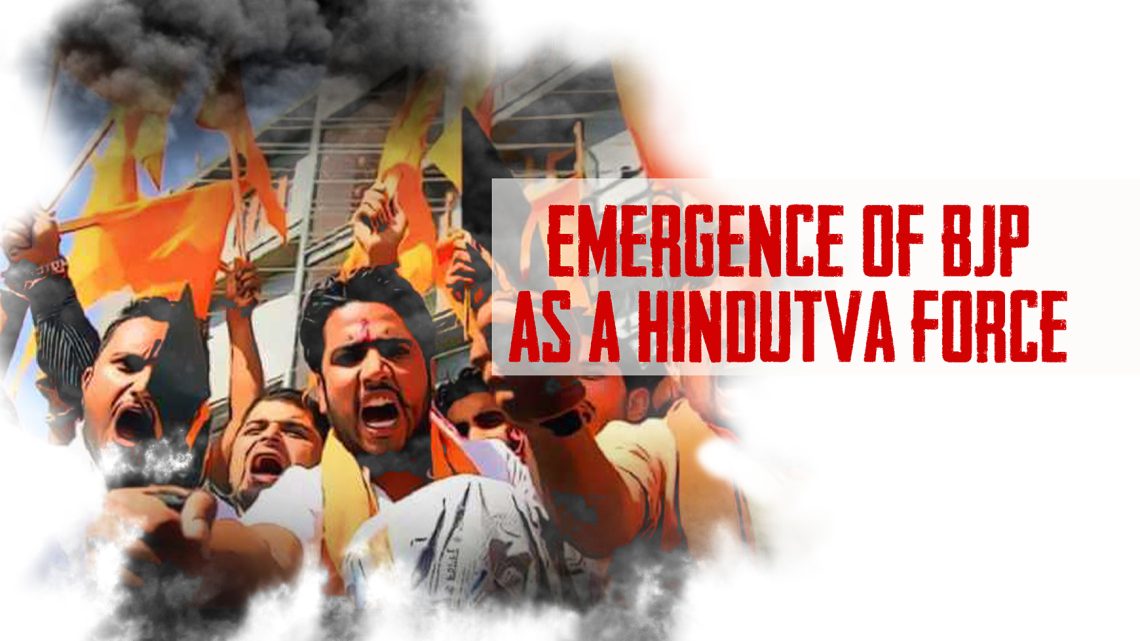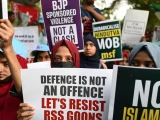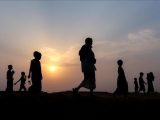
International Day Highlights Continued Persecution of Minorities in India and Muslims in IIOJK
August 22, 2024On International Day Commemorating the Victims of Acts of Violence Based on Religion or Belief, ongoing atrocities against Kashmiris in Indian-illegally occupied Jammu and Kashmir (IIOJK), as well as minorities across India, are under scrutiny.
Recent reports reveal that Indian security forces are severely restricting Kashmiris’ ability to practice their religion. The denial of political, social, and religious freedoms in IIOJK is cited as evidence of India’s targeting of individuals based on faith.
In India, religious minorities face persistent persecution under the ruling BJP government. Muslims, in particular, are targeted under pretenses such as cow slaughter allegations. The 2002 Gujarat massacre exemplifies this ongoing victimization.
The reports also highlight how the RSS and BJP are intensifying hate campaigns against Muslims and other minorities. The rise of Hindutva ideology and Islamophobia is creating a hostile environment. Anti-Muslim riots and the vandalism of religious sites, like those in Manipur, demonstrate the severe intolerance.
In Manipur, Hindu mobs have destroyed over 300 churches, fueled by the BJP’s policies. This reflects a broader pattern of religious persecution across India.
The current Indian government, led by Modi and backed by RSS, is accused of employing terror as a tool to intimidate religious minorities. Discriminatory laws, such as the Citizenship Amendment Act (CAA) and the National Register of Citizens (NRC), are seen as steps toward ethnic cleansing.
Moreover, numerous Muslim scholars and students are detained under oppressive laws. The international community is urged to amplify the voices of those suffering in IIOJK, and throughout India. The need for global action to protect the rights of these minorities is pressing.
The UN-designated International Day is a call to action against intolerance and violence based on religion or belief. It serves as a reminder of the urgent need for international intervention and accountability to safeguard vulnerable populations in India and IIOJK.

